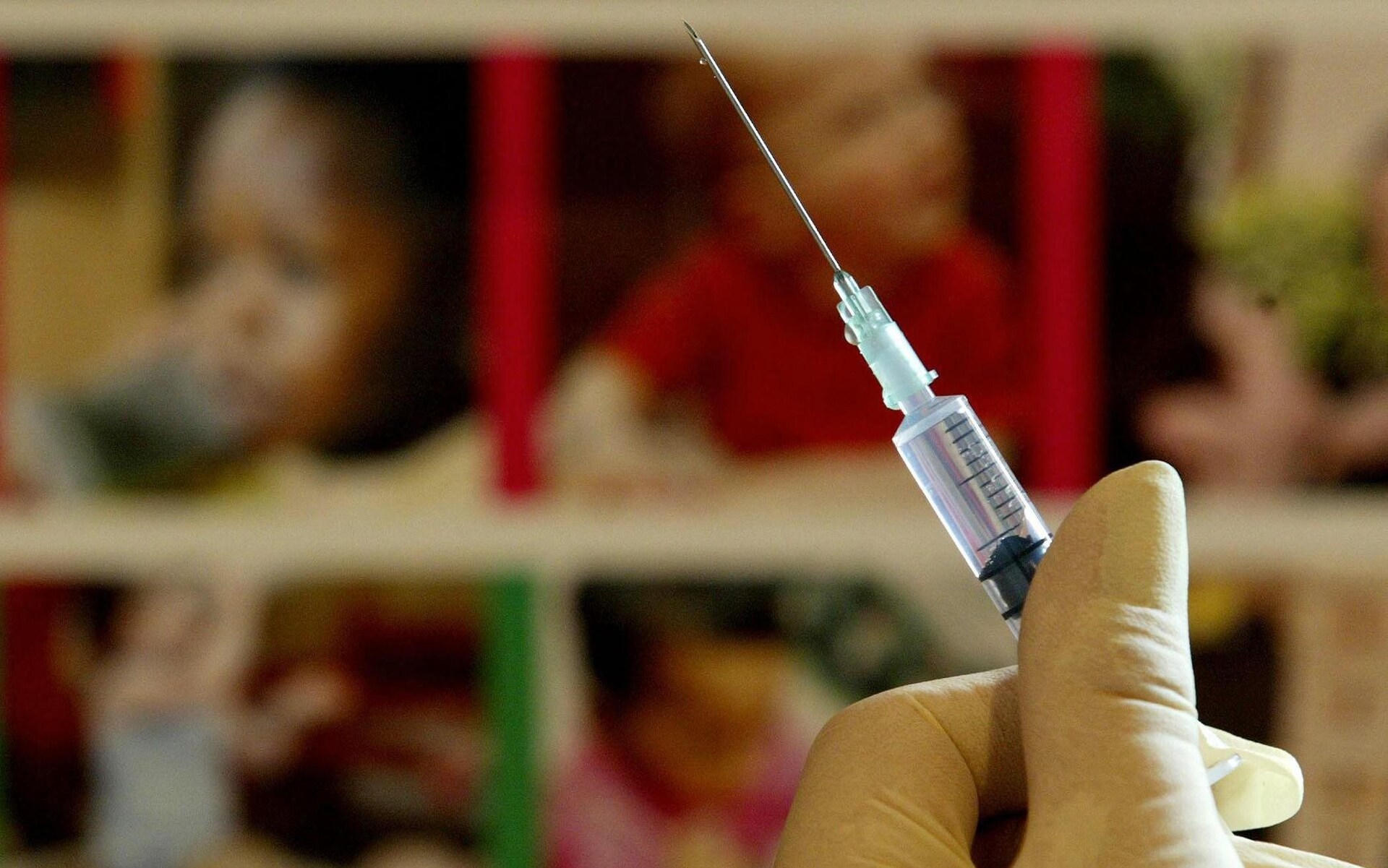Why England Should Learn from Scotland After a Decade's First Measles Death

Lessons from Scotland: Improving Vaccination Rates in England
The recent death of a child in Liverpool due to measles has sparked discussions among experts about the importance of vaccination rates and access to healthcare. They suggest that the National Health Service (NHS) in England could benefit significantly from looking at the practices and outcomes in Scotland, where vaccination coverage is notably higher.
One key factor contributing to this difference is the accessibility of primary healthcare services. In Scotland, there are 76 general practitioners (GPs) per 100,000 people, compared to just 58 in England. This disparity plays a crucial role in vaccine uptake. Dr. Helen Bradford, a professor of children’s health at University College London, emphasized that access to healthcare is often more critical than vaccine hesitancy when it comes to immunization rates.
Access to Healthcare: A Major Determinant
Dr. Bradford pointed out that for many families, knowing what vaccines are needed and when, being able to make an appointment, and actually getting to that appointment can be significant challenges. These barriers can prevent parents from ensuring their children receive necessary vaccinations.
In addition, the overall vaccination rates in Britain have dropped to the lowest levels among G7 countries. Specifically, 89.2% of Scottish children are fully vaccinated with the measles, mumps, and rubella (MMR) vaccine by age five, while the rate in England is 83.9%. This gap highlights the need for improved access and flexibility in healthcare delivery.
Pandemic Impact and Adaptations
During the pandemic, most health systems experienced a decline in routine vaccinations. However, Scotland saw an increase in childhood immunizations. Researchers at the University of Edinburgh found a 14.3% rise in children receiving the second dose of the MMR vaccine on time during the first lockdown compared to 2019. In contrast, England saw a net decrease of 1.93%.
This increase was attributed to flexible working arrangements for parents, which allowed them to attend vaccination appointments, and better access to mobile vaccination centers. In 2018, the Scottish Government shifted responsibility for delivering vaccinations from GP practices to regional health boards, enabling more tailored services for hard-to-reach communities.
Diverse Vaccination Settings
Unlike England, where families often face rigid booking systems and limited availability, Scotland offers vaccinations in various settings such as schools, A&E departments, and through home visits. Dr. David Elliman, an honorary senior associate professor at UCL, highlighted the importance of adapting vaccination services to where parents and children are most likely to be.
He suggested that expanding vaccination services to hospital settings and neighborhoods could improve immunization rates, particularly for high-risk groups. This approach aims to make vaccines more accessible and convenient for families.
Measles Cases and Public Health Outcomes
The impact of these differences is evident in the number of measles cases reported. So far this year, England has recorded 529 measles cases, while Scotland has had only 27. In 2024, the numbers were even more pronounced, with 2,911 cases in England and just 24 in Scotland. While population size partially explains the disparity, the difference in infection rates is still significant.
Addressing the Challenges in England
Health Secretary Wes Streeting recently acknowledged the need for better access to primary healthcare in England. The government's new NHS 10-year plan includes rolling out "neighbourhood health services" to ease the burden of GP bookings and improve access. It also plans to boost vaccine uptake by allowing nurses and midwives conducting home visits to administer vaccines.
However, the implementation timeline for these measures remains unclear. England currently faces a shortage of 5,000 health visitors needed to provide the mandated four at-home visits for every child under school age. In comparison, Scotland has a much higher rate of children receiving their first four scheduled reviews.
The Role of Public Health Nurses
Public health nurses play a vital role in supporting young families and addressing immunization concerns. Dr. Bradford noted that in England, the number of these nurses has declined significantly, leaving some families without a clear point of contact for questions about vaccines. This lack of support can hinder vaccination efforts and contribute to lower rates.
By learning from Scotland's successes and implementing similar strategies, England can work towards improving its vaccination rates and public health outcomes. Ensuring better access to healthcare services and adopting flexible approaches to immunization will be essential steps in this process.
Post a Comment for "Why England Should Learn from Scotland After a Decade's First Measles Death"
Post a Comment